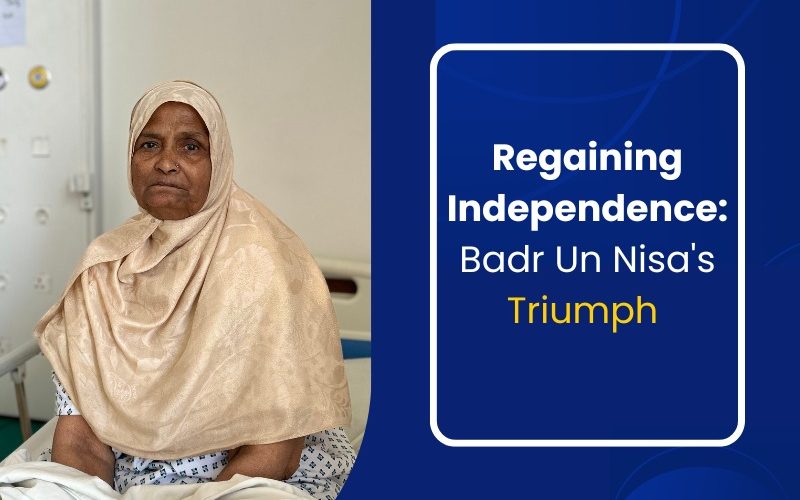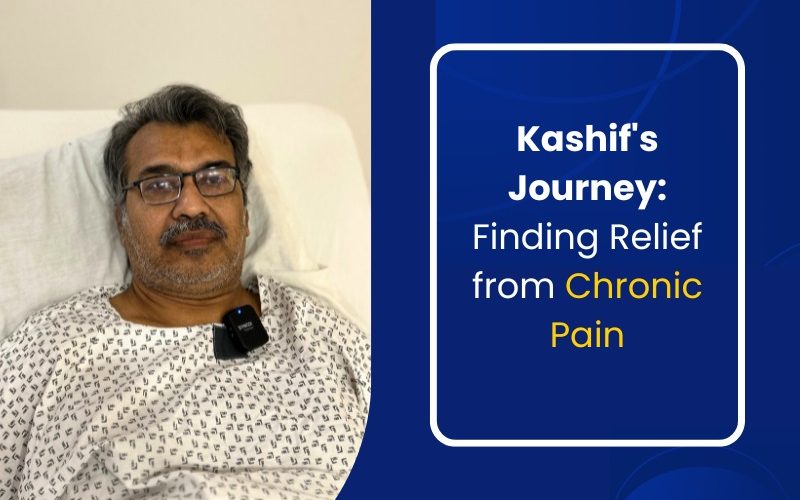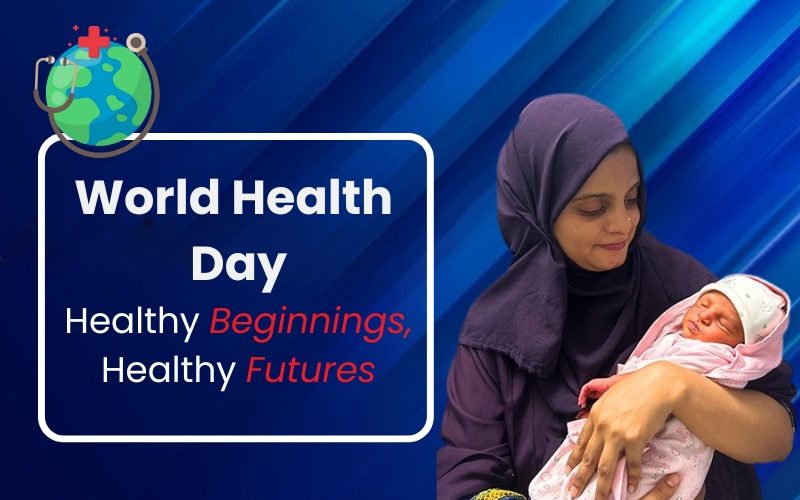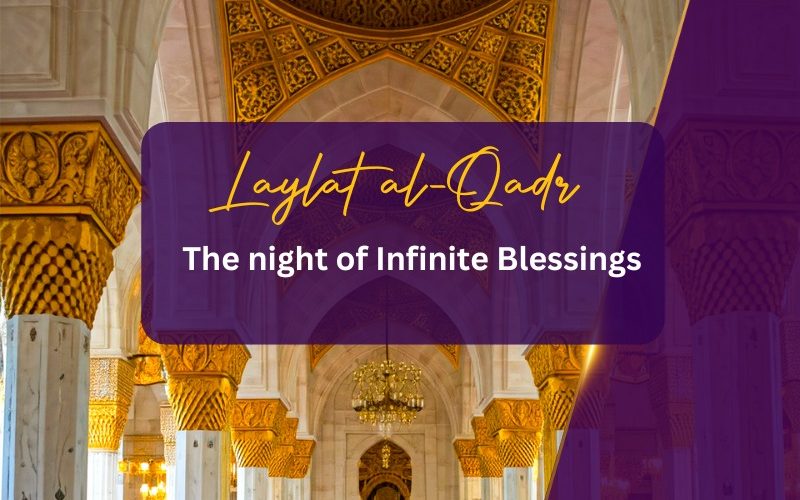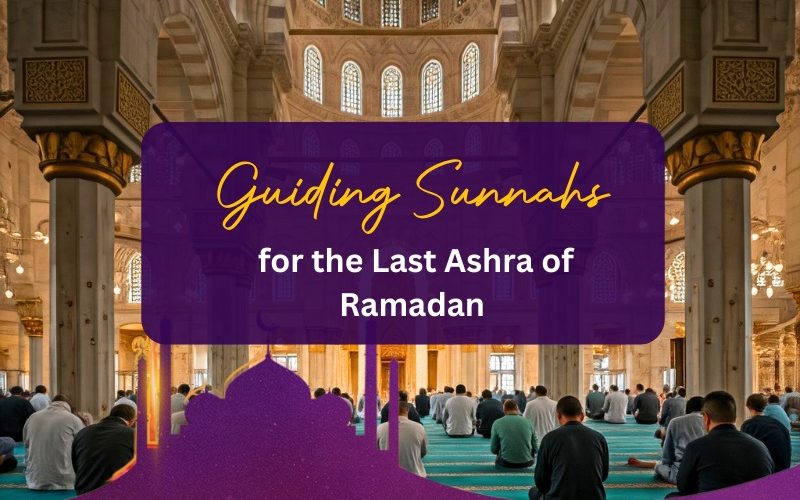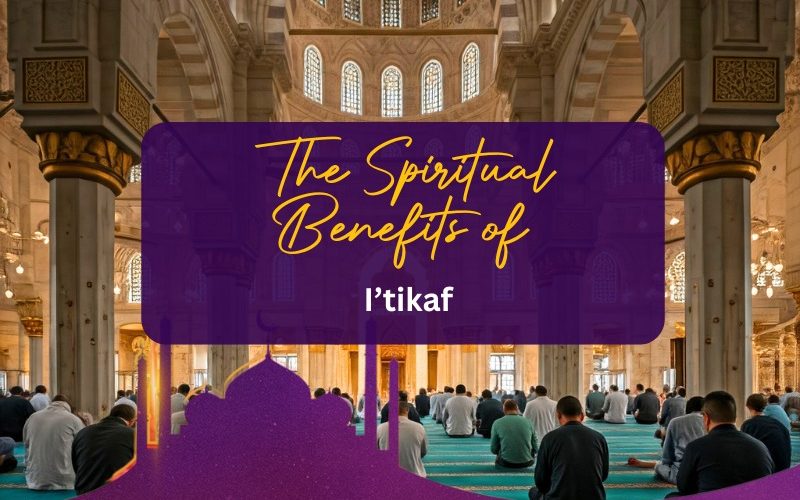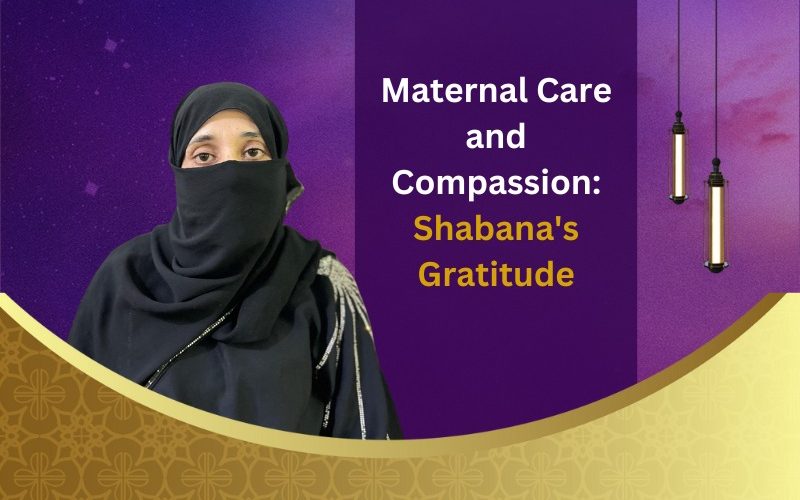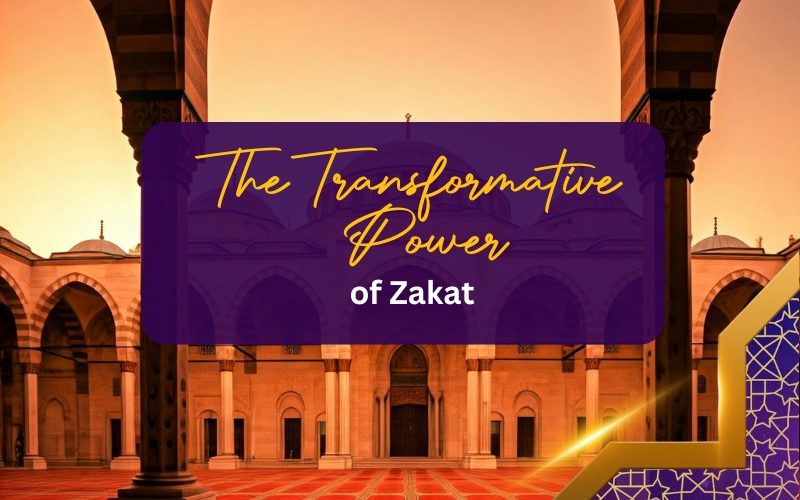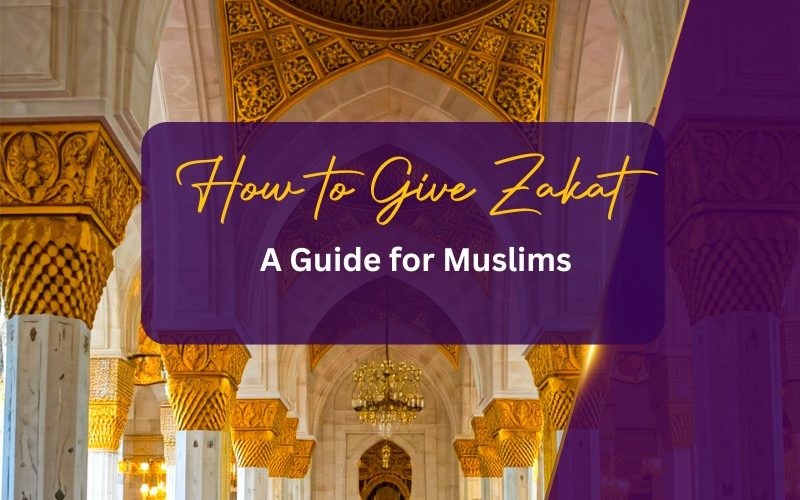Badr Un Nisa’s feet had been a source of pain and discomfort for what felt like an eternity. Simple tasks, like walking to the nearby shops for basic necessities, had become daunting challenges. Initially, the pain was low intensity, so she would manage it with medication. However, the pain did not subside over time and instead gradually worsened, rendering her unable to walk or sit comfortably. As such, she began visiting Indus Hospital & Health Network for
Project GODA—a team of dedicated orthopaedic surgeons and medical volunteers from the United States—visited Indus Hospital & Health Network (IHHN) to provide free life-changing surgeries in Pakistan to restore mobility and alleviate pain to countless underprivileged people. Thanks to their expertise and generosity, hundreds of men and women received free joint replacements, fracture repairs, and corrective surgeries—giving them the chance to walk again, work again, and live without crippling pain. Let’s hear Team GODA relive their unforgettable
When Kashif Imtiaz was just 16 years old, he discovered he had a debilitating disease that would go on to affect his mobility and quality of life for decades to come. As Kashif entered his mid-30s, the disease began to take its toll. Simple tasks like walking became a struggle, and he was constantly in pain. Medications provided temporary relief, but they didn’t address the underlying issue. Kashif’s work and daily life suffered significantly as a result.
World Health Day and Its Significance Every year on April 7th, the World Health Organisation (WHO) celebrates World Health Day, a global initiative to raise awareness about pressing health issues and advocate for universal healthcare access. This day serves as a reminder that health is a fundamental human right, and equitable medical care should be available to everyone, regardless of socioeconomic status. In 2025, the theme for World Health Day is “Healthy Beginnings, Healthy Futures,” focusing on the
As the holy month of Ramadan draws to a close, let us eagerly anticipate Laylat al-Qadr, the Night of Decree. Described in the Quran as “better than a thousand months” (Surah Al-Qadr, 97:3), this sacred night is a time of immense spiritual significance, divine mercy, and unparalleled blessings. It is a night when prayers are answered, sins are forgiven, and destinies are shaped. Among the many acts of worship encouraged during this time, giving in charity holds a
The last ten days of Ramadan, known as the last ashra, hold great significance. The importance of these last 10 days is emphasised in the Quran and Sunnah, with the biggest virtue being the revelation of the Quran on one of these nights. Allah (SWT) says in the Quran, “Verily, We have sent it (this Quran) down in the Night of Al-Qadr (Decree)” [97:1]. The Prophet (pbuh) says, “Seek Laylat al-Qadr in the last ten days of
“And when you have completed the prayer, remember Allah standing, sitting, and lying down.” – Quran, Surah An-Nisa 4:103 What is I’tikaf? I’tikaf is a spiritual practice in Islam where a person secludes themselves either in the mosque or at home, dedicating their time solely to worship, prayer, and reflection. It’s observed during the last ten days of Ramadan, a time when Muslims intensify their acts of devotion, seeking to draw closer to Allah and purify their hearts. Significance
Shabana Muhammad Ali, a devoted mother of two, credits Indus Hospital & Health Network with transforming her life. Her sister’s recommendation led her to the hospital during her third month of pregnancy. At the time, Shabana was struggling with severe weakness, vomiting, and anaemia. Her condition had deteriorated to the point where she couldn’t perform daily tasks, care for her four-year-old, or even cook meals. Her pregnancy had become a significant concern, and she desperately needed medical
Zakat is not only a fundamental aspect of the Muslim faith, but also a powerful tool for transforming lives. Indus Hospital & Health Network showcases firsthand the impact of Zakat on the lives of thousands of patients. The Power of Zakat Zakat is more than just a charitable obligation; it is a means of bridging the gap between the haves and have-nots. By giving Zakat, we are not only fulfilling our religious duty but also contributing to the
Zakat is a crucial act of charity performed by Muslims that ensures wealth is distributed more evenly within the society. It is an obligatory form of almsgiving that purifies a Muslim’s wealth. As a fundamental pillar of Islam, Zakat is an essential obligation on Muslims that must properly be fulfilled. This guide will help you understand the basics of Zakat, including how much it is and how to calculate it, ensuring you fulfill this essential obligation accurately


